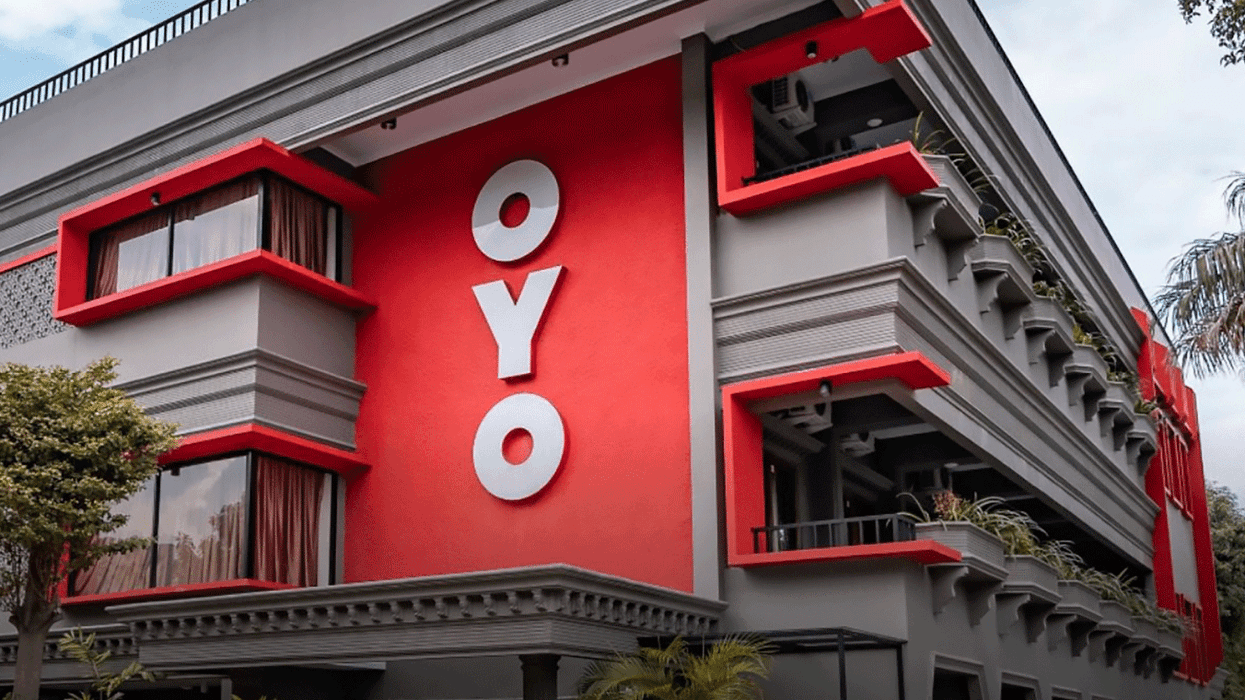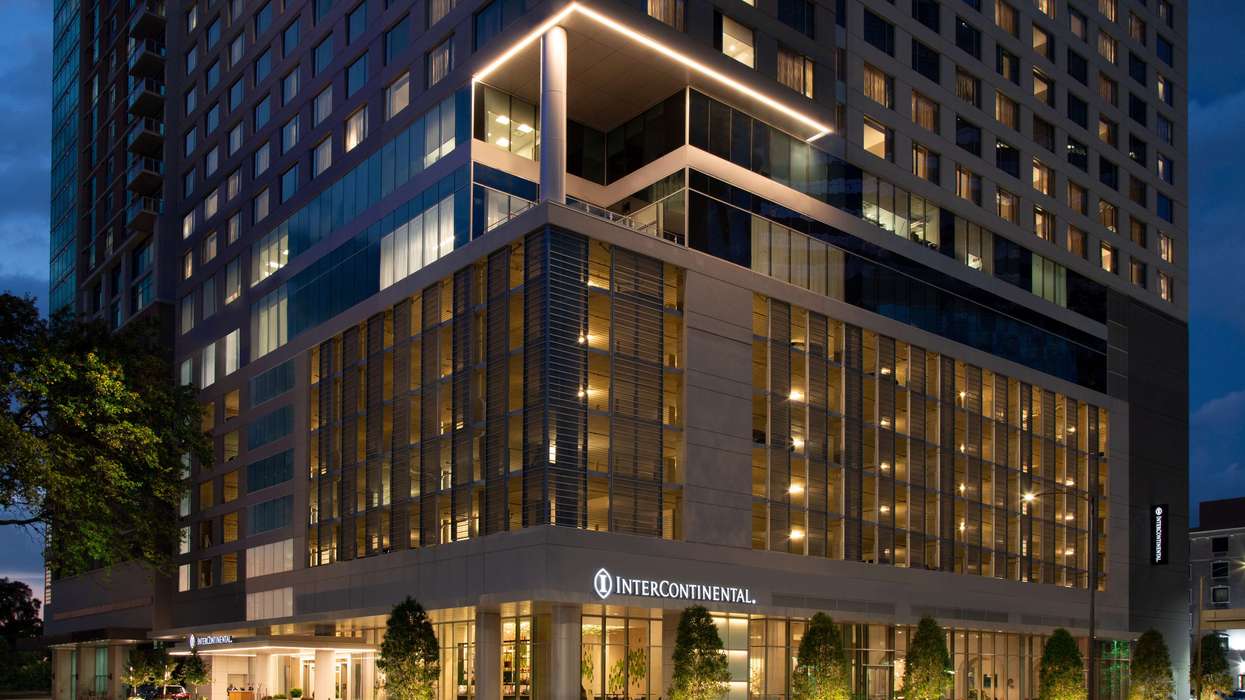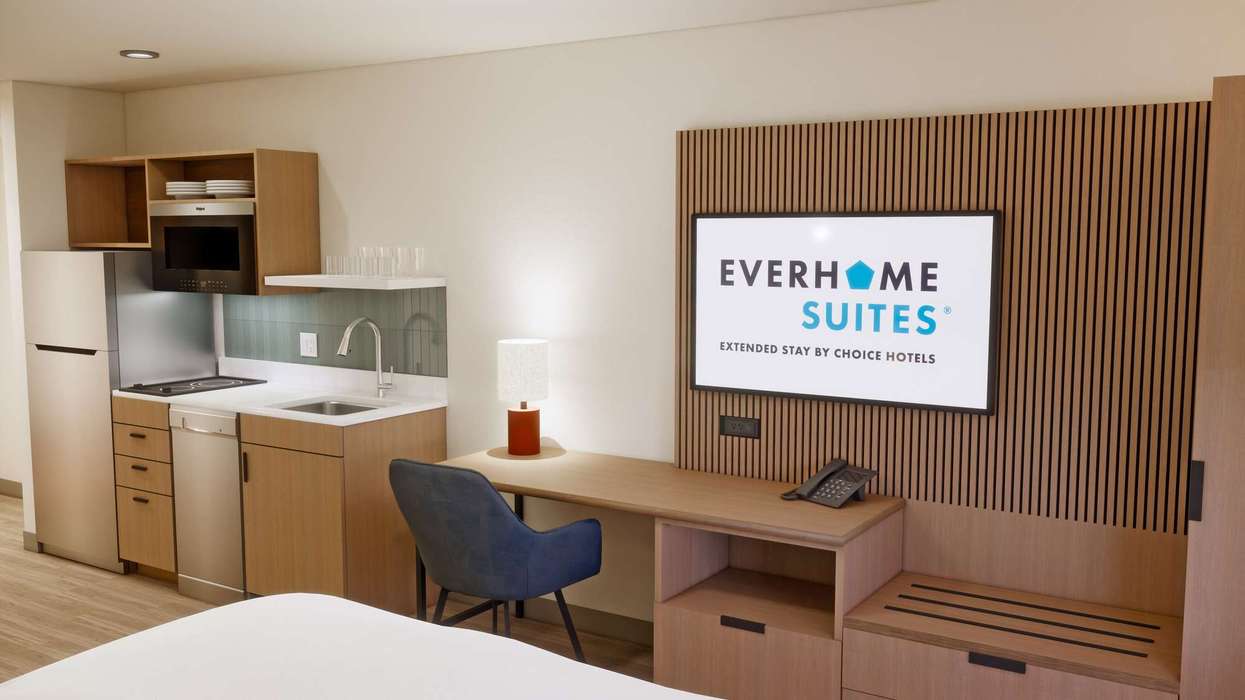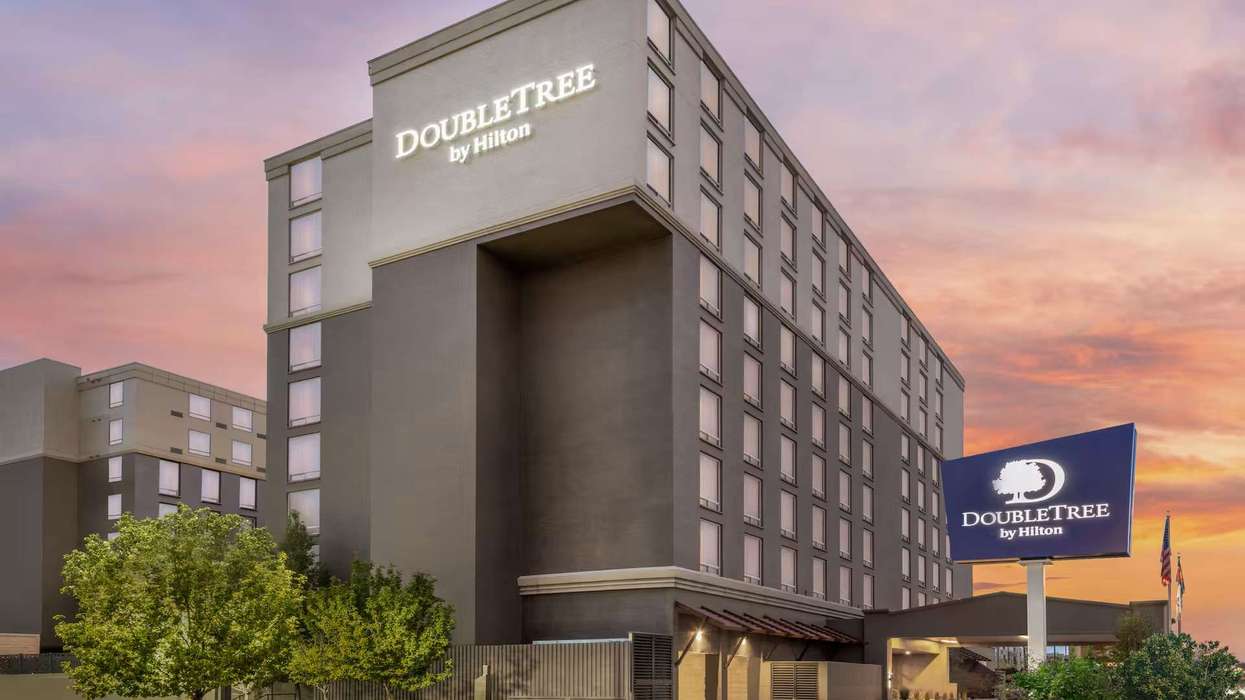HOTEL ASSET MANAGEMENT has become an urgent process and its importance has increased over the years, according to an article from CBRE Hotels Research. The COVID-19 pandemic has also influenced that process.
Asset management is the practice of managing the value of an investment, said Hank Fonde, CBRE’s senior director and co-leader of the national practice asset management and investment services. Asset management begins during the development or pre-opening of the hotel and concludes upon exit, Fonde said. All asset management strategies are targeted and executed to maximize the owner’s return.
“The life of a hotel asset can be viewed almost like a yield curve, beginning with planning and opening, navigating through the early years to stabilization, and then carefully curating the revenue and profit opportunities over the long haul,” he said. “At some point, you reach the point of decline where capital replacement costs exceed profit potential. Asset management will call for an exit strategy well before this point, and in fact, most appropriately at the point of maximum value in a buyer’s market.”
Thirty years ago, asset management was rare in lodging, other than owners watching out for their interests, usually inhouse. There has been more focus on it as the market has grown more complex, Fonde wrote, and it is even more necessary in today’s crisis.
“In today’s world of multiple hard and soft hotel brands and boutique concepts, the lodging environment had already become complex for owners, operators, and guests. Now more complexity has been violently infused into the world of operating a hotel business,” he said. “Asset management helps to keep operators focused on the owner’s objectives amidst the countless and constant distractions. Contributing to the challenges with a pandemic or other black swan event makes it even more important to have above-property leadership in place and available. Strategic guidance is critical in the uncertain marketplace.”
It is critical in the sense that it is a matter of survival.
“The landscape is littered with asset relics whose owners failed to act strategically, perhaps because they failed to engage the enhanced leadership and guidance of an asset manager,” Fonde said.
Last month, CBRE forecast drops in RevPAR and gross operating profits that will play a role in how hotels that closed during the crisis reopen.




